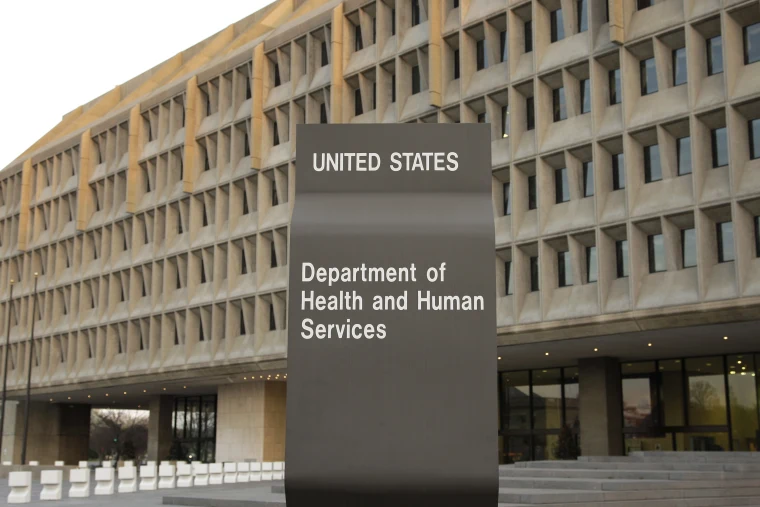Amicus Briefs
Goldwater Institute v. HHS
CASE SUMMARY
The Constitution requires federal judges to exercise independent judgment and refrain from bias when interpreting the law. These are foundational constitutional requirements for having an independent judiciary. Article III gives federal judges life tenure and salary protection to ensure that judicial pronouncements will reflect a court’s independent judgment rather than the desires of the political branches. Also, the Due Process Clause forbids judges to display any type of bias in favor of or against a litigant when resolving disputes. These statements of judicial duty are so axiomatic that they are seldom if ever mentioned or relied upon in legal argument—because to even suggest that a court might depart from its duty of independent judgment or display bias toward a litigant would be a scandalous insinuation.
OUR TEAM
RELEVANT MATERIALS
NCLA FILINGS
PRESS RELEASES
NCLA Asks Full Ninth Circuit to Decide that Police Theft During Execution of a Search Warrant Violates the Constitution in Jessop v. City of Fresno
May 14, 2019

